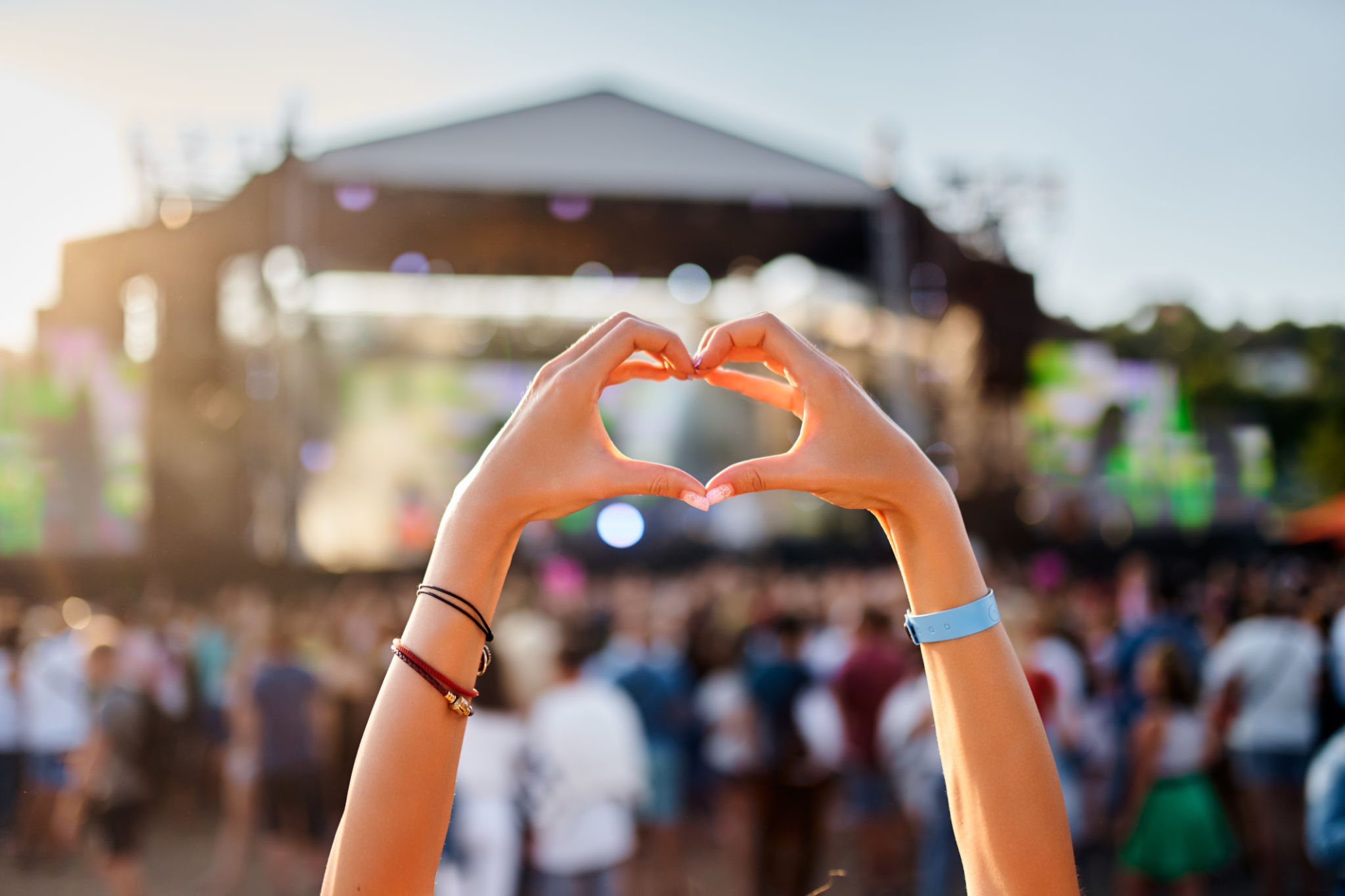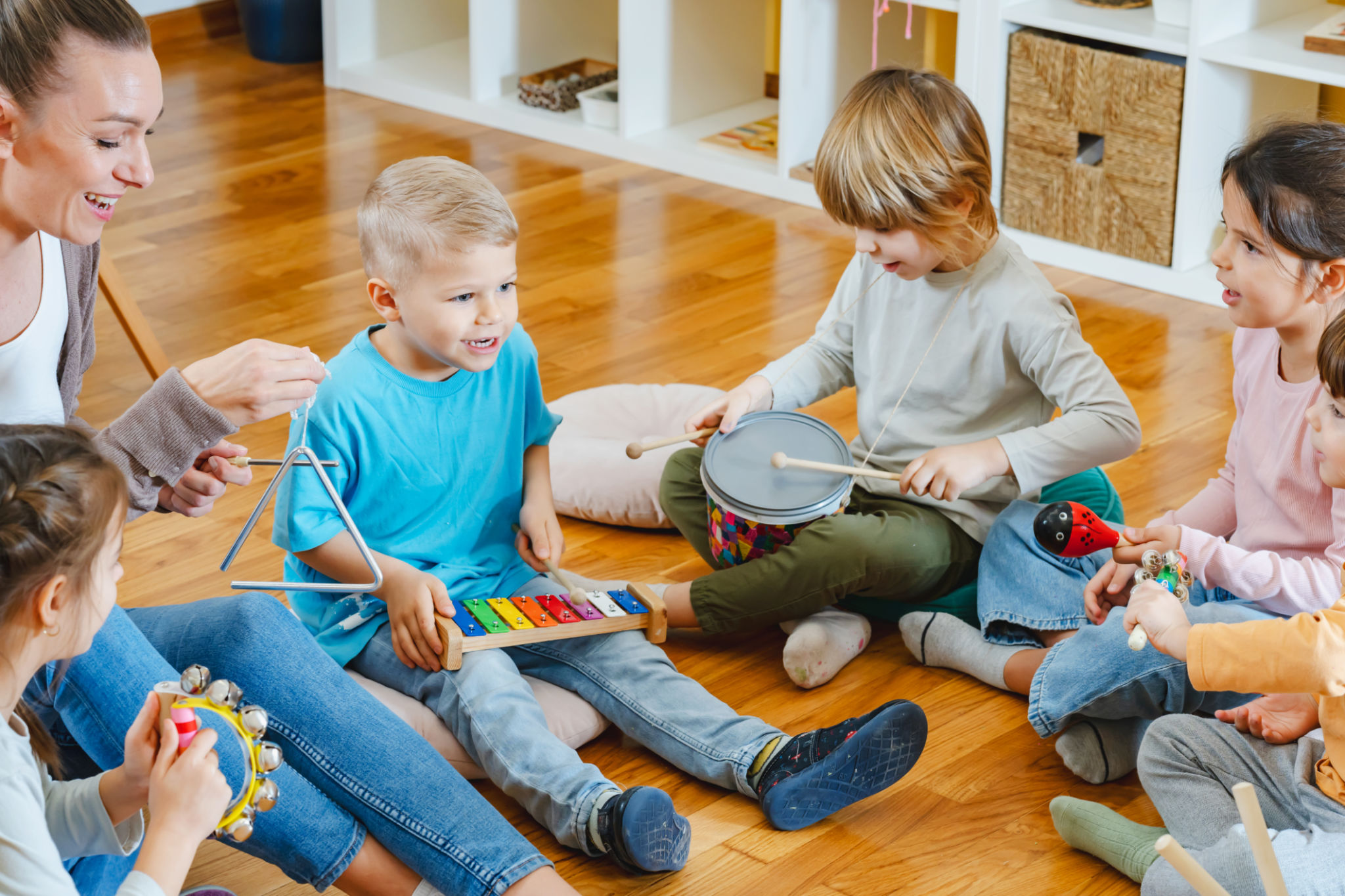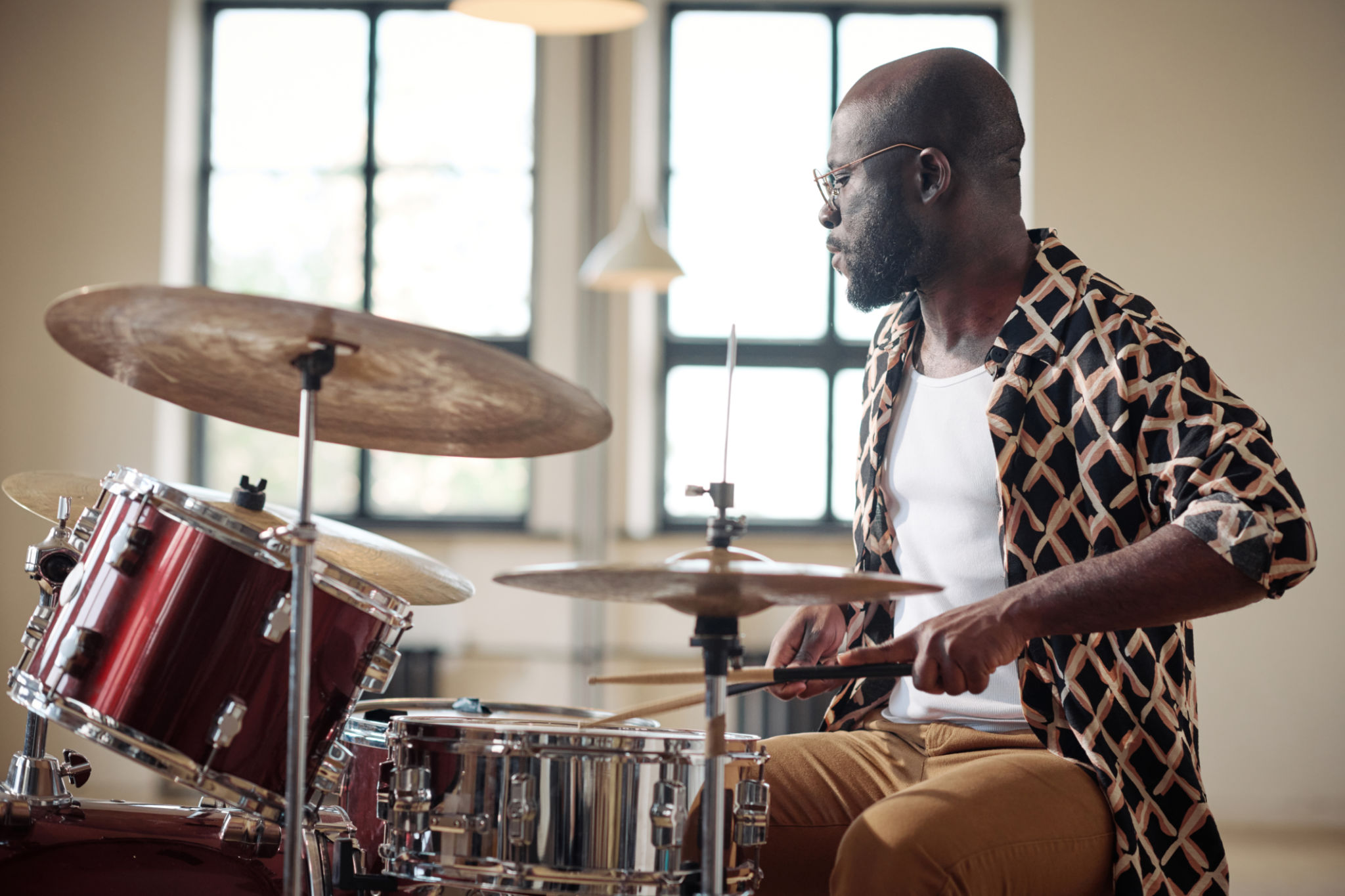How Music Brings Communities Together: Insights and Examples
The Universal Language of Music
Music is often referred to as a universal language, transcending borders and cultural barriers to connect people from all walks of life. Whether it's the rhythmic beats of a drum or the melodic strum of a guitar, music has the power to evoke emotion and foster a sense of community among listeners. This ability to unite people is evident in various settings, from small gatherings to large festivals.
One of the most remarkable aspects of music is its ability to bring diverse groups together. In a world where differences can sometimes create divides, music serves as a common ground where individuals can find shared experiences and mutual understanding. This shared love for music often leads to stronger community bonds and lasting relationships.

Community Music Events
Local music events, such as concerts in the park or neighborhood jam sessions, provide a platform for community members to come together and enjoy live performances. These events not only showcase local talent but also encourage community participation. Attendees often find themselves mingling and connecting with others who share their musical interests.
Music festivals are another excellent example of how music can unite communities. These events draw crowds from different regions, fostering a sense of camaraderie among attendees. People from various backgrounds come together to celebrate their shared passion for music, creating a vibrant and inclusive environment.

Music Education and Community Engagement
Music education plays a crucial role in community engagement. Schools and community centers that offer music programs provide opportunities for individuals to learn and appreciate different musical styles. These programs often lead to performances that bring communities together to support young musicians.
Community choirs and bands offer another avenue for engagement. These groups provide a space for musicians of all skill levels to come together, practice, and perform. Participation in such groups not only enhances musical skills but also fosters a sense of belonging among members.

Cultural Exchange Through Music
Music acts as a bridge between cultures, promoting understanding and appreciation for diverse traditions. Cultural music events, such as international music nights or world music festivals, expose audiences to different musical genres and styles from around the world. These events encourage cultural exchange and broaden participants' perspectives.
In multicultural communities, music often serves as a tool for preserving cultural heritage. Traditional music and dance performances are shared at cultural festivals, keeping traditions alive while inviting others to learn and appreciate different cultural practices.
Conclusion: The Lasting Impact of Music
The impact of music on community cohesion is profound and far-reaching. By fostering connections, facilitating cultural exchange, and enhancing education, music continues to play an essential role in bringing communities together. As societies become more interconnected, the unifying power of music will only grow stronger, helping to create more harmonious and inclusive communities worldwide.
